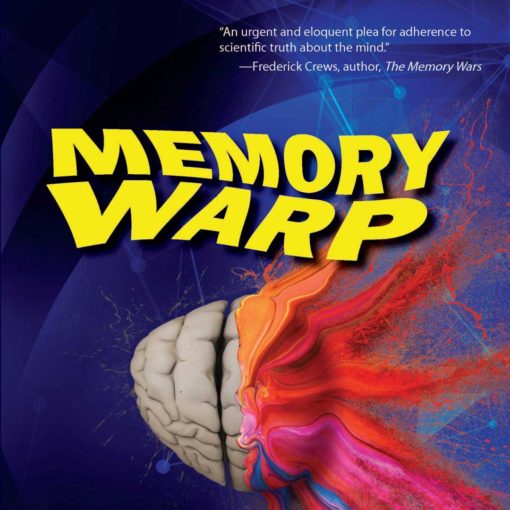sexual abuse

Shermer and Klein discuss: sex therapist and the reasons people seek therapy • self-help sex books • sexual orientation • asexuality • sex abuse • infidelity • monogamy • polyamory • trans • homosexuality • sex education • the case against the sexual revolution • sex addiction • pornography • the anti-pornography movement • prostitution • obscenity and censorship • pedophilia.
In this column social psychologist Carol Tavris discusses two new books whose authors separate what’s right in the pursuit of justice from what’s self-righteous. As skeptics, they repudiate received wisdom and party loyalty, showing that by separating what we wish for from wishful thinking, we can find better, more creative, more flexible routes to attaining the former.
In Science Salon # 118 Michael Shermer speaks with distinguished artificial intelligence researcher Stuart Russell about this new book Human Compatible: Artificial Intelligence and the Problem of Control. PLUS social psychologist Carol Tavris discusses two new books whose authors separate what’s right in the pursuit of justice from what’s self-righteous.

Are you old enough to have a memory of the memory wars that were sparked by a debate that began more than 30 years ago? In this column from Skeptic magazine 24.3 (2019), Carol Tavris expounds on the persistence of belief in recovered memories.
In Science Salon # 87 Michael Shermer speaks with Douglas Murray about his new book The Madness of Crowds on sexuality, gender, technology and race playing out in our workplaces, universities, schools and homes in the names of social justice, identity politics and intersectionality.

Mario E. Herrera and Lawrence Patihis review Mark Pendergrast’s new book: Memory Warp: How the Myth of Repressed Memory Arose and Refuses to Die.
In this week’s eSkeptic, Mario E. Herrera and Lawrence Patihis review Mark Pendergrast’s new book: Memory Warp: How the Myth of Repressed Memory Arose and Refuses to Die.
In this week’s eSkeptic, in the wake of passionate and polarized commentary following Dylan Farrow’s recent allegations that Woody Allen sexually abused her when she was 7 years old, social psychologist Dr. Carol Tavris discusses how the science of memory may help guide how we think about cases like this.











